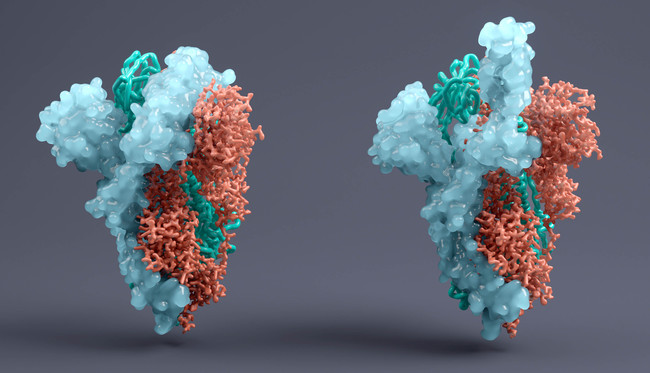Lilly takes AI-selected Olumiant into phase 3 for COVID-19

Eli Lilly has enrolled the first patient into a phase 3 trial that is seeking to repurpose arthritis drug Olumiant as a treatment for people with COVID-19.
The 400-patient trial will test Olumiant (baricitinib) – a JAK1/2 inhibitor – in patients admitted to hospital with the SARS-CoV-2 virus who have evidence of inflammation, but don’t require mechanical ventilation.
Data is expected “in the next few months,” according to Lilly, which licenses Olumiant from Incyte.
The rationale for treatment with Olumiant is that it can interrupt the runaway inflammatory response, sometimes referred to as a cytokine storm, that afflicts some people with COVID-19.
The drug emerged as a coronavirus candidate on the back of a project from UK artificial intelligence company BenevolentAI, which virtually screened all existing approved drugs for activity in the disease in early 2020, as the pandemic was still in its early stages.
Researchers also hypothesise that Olumiant may inhibit viral infection by binding and inhibiting a protein called AP2-associated protein kinase 1 (AAK1), which would reduce viral entry into cells.
Lilly’s trial will complement the ongoing National Institute of Allergy and Infectious Diseases (NIAID) ACTT 2 study, which started last month and is testing Olumiant as a combination with Gilead Sciences’ antiviral drug remdesivir to see if it can improve on the latter’s modest efficacy in COVID-19.
While remdesivir has been shown to reduce the time people with COVID-19 have to stay in hospital, the hope is that adding in Olumiant might improve efficacy further, including raising the survival rate in people who are critically ill with the infection.
In the NIAID’s ACTT trial, which included remdesivir on its own, Gilead’s drug was associated with a mortality rate of 8%, compared to 11.6% for placebo, which wasn’t a statistically significant difference.
Lilly’s trial will also focus on patient mortality, with the main endpoint the proportion of patients who die or require use of supplemental oxygen or have to be put on a ventilator at 28 days, after receiving a 14-day course of 4 mg Olumiant per day or placebo on top of standard care.
It will also look at the proportion of patients with clinical improvement at different time points in the study, the time to recovery, how long people have to stay in hospital, the number of ventilator-free days and mortality over the 28-day study period.
Olumiant isn’t the first JAK inhibitor to be tested against the cytokine storm in COVID-19. In April, Novartis and Incyte said they were starting a phase 3 trial of their JAK drug Jakafi/Jakavi (ruxolitinib) – used to treat blood cancers – to see if it can hasten recovery times for COVID-19 patients.
JAK inhibitors come with hazards too, and all approved drugs in the class have boxed safety warnings, with Olumiant’s label alerting of an elevated risk of serious infections, tuberculosis, lymphoma, or other malignancies and thrombosis.
Meanwhile, a number of other drugs are also being tested to see if they can dampen down the hyper-inflammation in some coronavirus patients.
That includes two IL-6 inhibitors – Roche’s Actemra (tocilizumab) and Sanofi’s Kevzara (sarilumab) – AstraZeneca’s BTK inhibitor Calquence (acalabrutinib) and Atriva Therapeutics’ MEK inhibitor ATR-002, amongst others.












